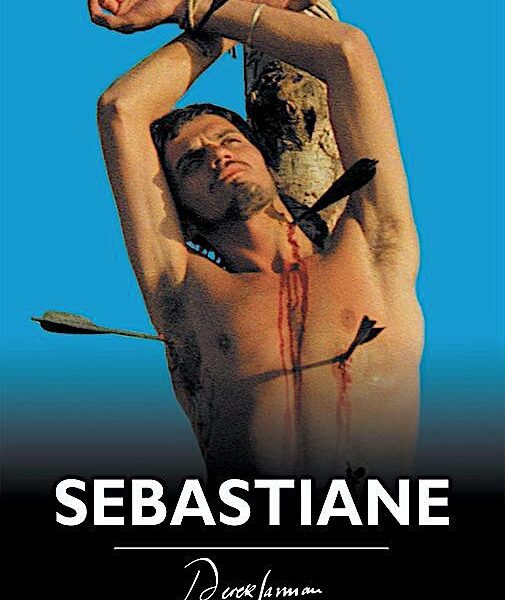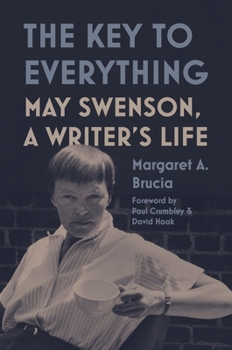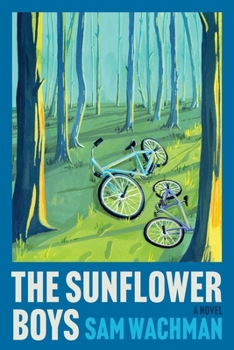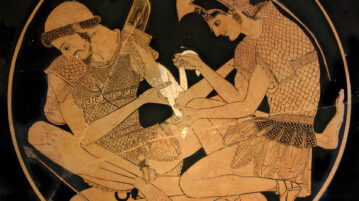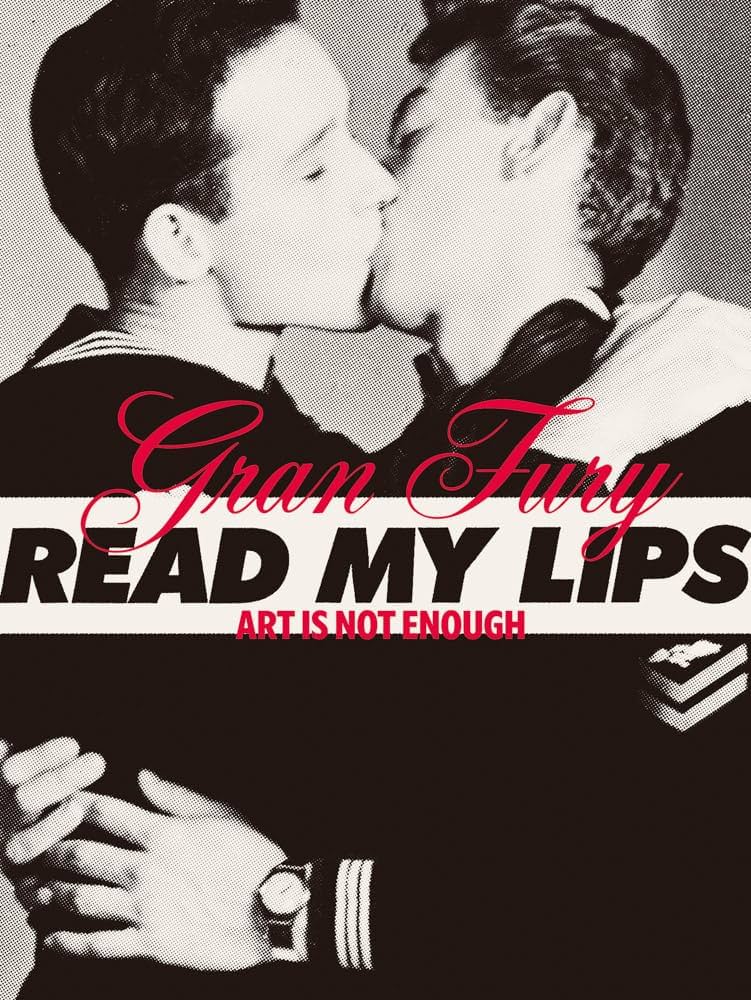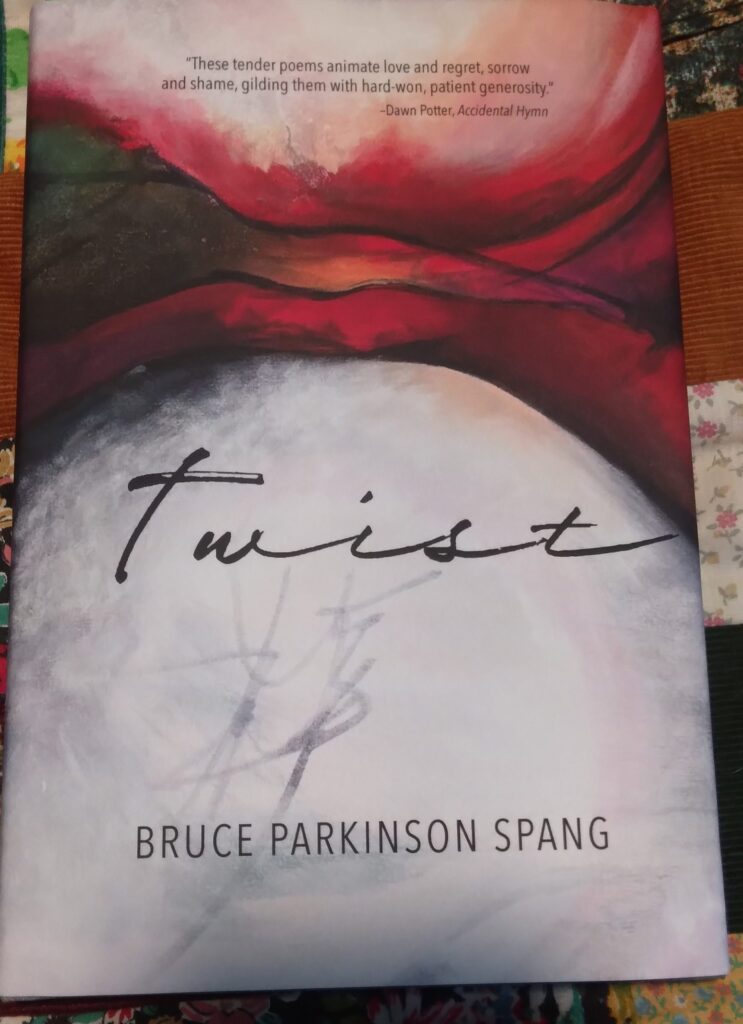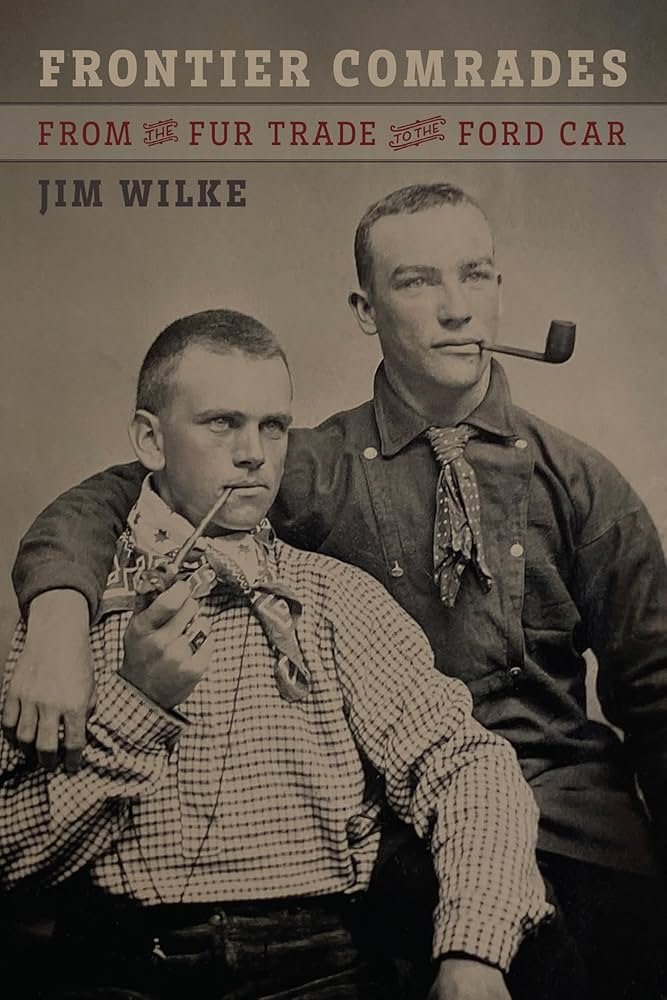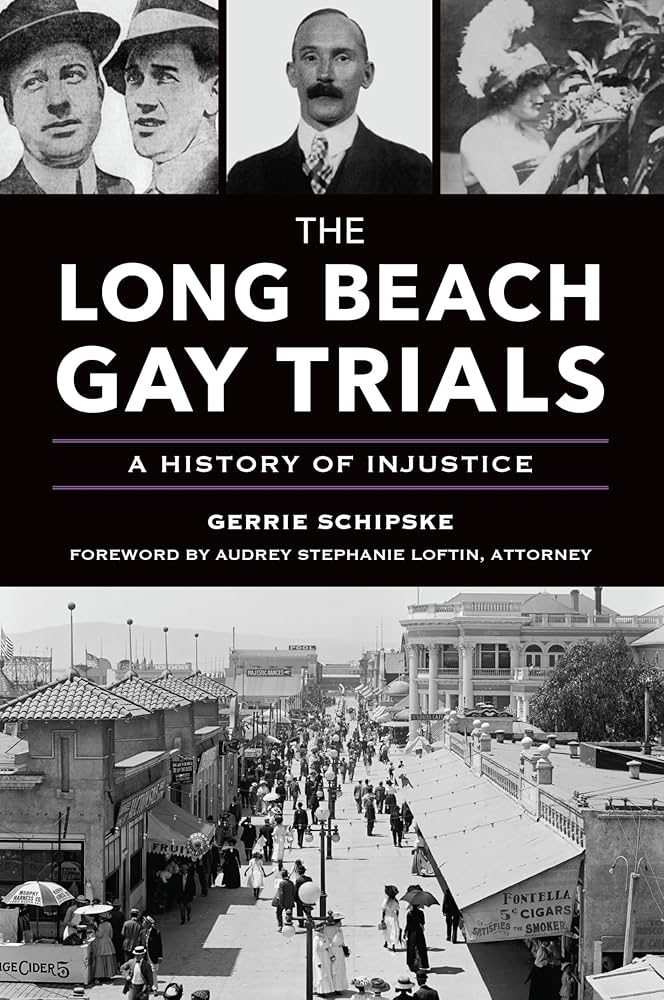Blog Posts View all
Keeping Queer Culture Alive in Wartime Kyiv
By Finbarr Toesland
Members of Kyiv’s queer community are working to keep creativity alive as their city undergoes seismic changes. Queer nightlife and connection are still possible.
Let’s Choose Each Other Again
By Randal C. Smith
No relationship is perfect. No love is untouched by disappointment. No bond survives without negotiation, humility, and repair. What matters isn’t whether love lasts forever.
Was Achilles Gay? Wrong Question.
By Asa Williams
Before we call Achilles and Patroklos “gay lovers,” we must examine both the Greek language of love and the dangers of retroactively imposing modern categories.
Here's My Story View all
A Higher Calling for Felipe
By Michael Varga
I met him at a Paris disco in 1986 when I was on leave from my assignment in Dubai. Over the next seven years we didn’t see each other often, but we got together whenever we could.
A Decade of Fellow Travelers
By Kevin Newbury
The Fellow Travelers opera is based on Thomas Mallon’s 2007 novel, a powerful gay love story set against the backdrop of the McCarthy-era Lavender Scare.
Finding Hope in Minneapolis
By Jamie Valentino
Perhaps I was naïve to think the risk of a natural disaster could make the federal government pretend it still held any regard for human life.



